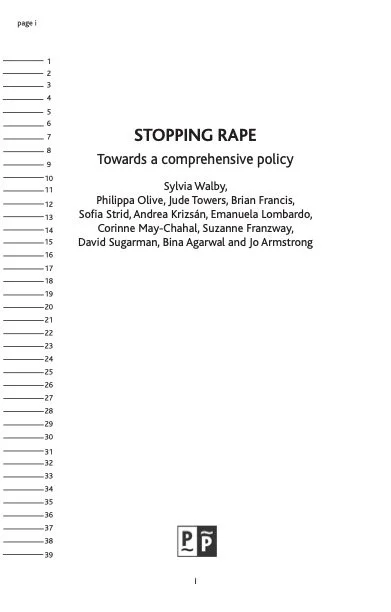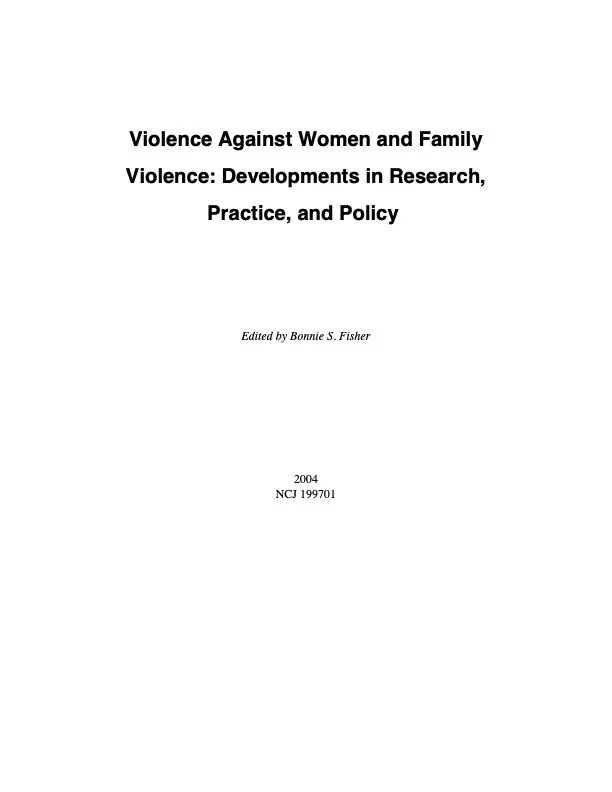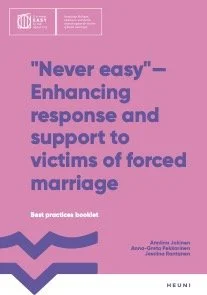By Blandine Mollard, Julia Ochmann, Davide Barbieri andJolanta Reingardė
This report developed by the research and statistics team of EIGE presents evidence on coercive control and psychological violence against women in EU Member States.
The study analyses the causes and consequences of coercive control and psychological violence against women, assesses the criminalisation of psychological violence and coercive control in EU Member States and identifies and analyses promising practices and the main hurdles in preventing coercive control and psychological violence against women in EU Member States.
Coercive control and psychological violence against women instil fear and insecurity in women's lives and undermine their well-being and dignity. In many cases, violence against women and girls occurs in the family, where violence is often tolerated, goes unreported and is difficult to detect. Even when such violence is reported, there is often a failure to protect victims or punish perpetrators.
The overall objective of this study is to strengthen the institutional capacity to combat coercive control and psychological violence against women in EU Member States.
The specific objectives of the study are to:
analyse the causes and consequences of coercive control and psychological violence against women;
assess the criminalisation of psychological violence and coercive control in EU Member States;
identify and analyse promising practices and the main hurdles in preventing coercive control and psychological violence against women in EU Member States.
This work will serve as a key addition to the European Institute for Gender Equality (EIGE)'s evidence base for a better understanding of gender-based violence, and will directly inform EIGE's support for the French Presidency of the Council of the European Union to ensure ongoing implementation of the Beijing Declaration and Platform for Action (BPfA; UN Women, 1995). More broadly, this research will contribute to the EU's strategic priority to end gender-based violence in all its forms, as enshrined in the EU gender equality strategy.
Vilnius LITHUANIA : European Institute for Gender Equality (EIGE), 2022. 170p.











